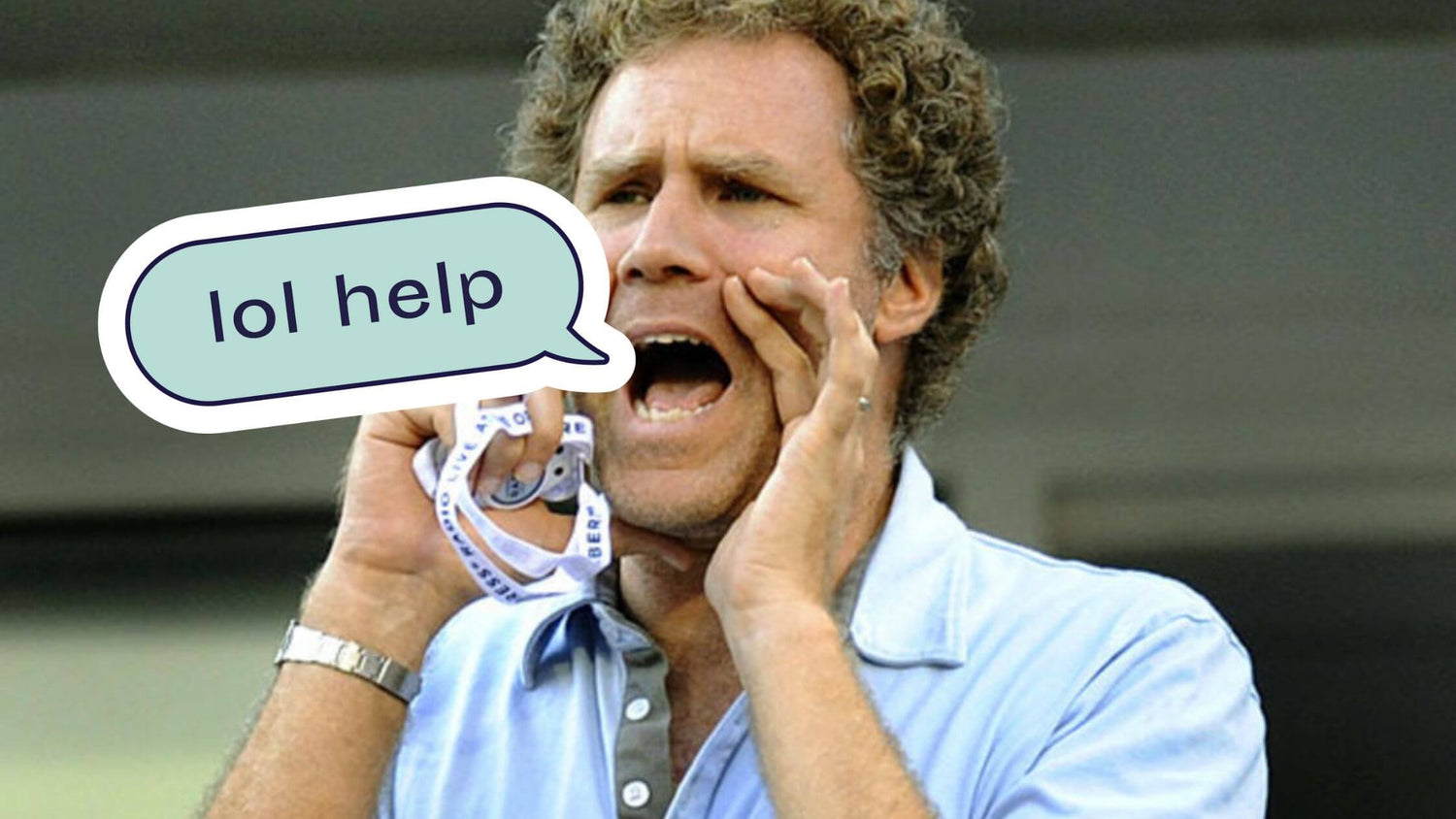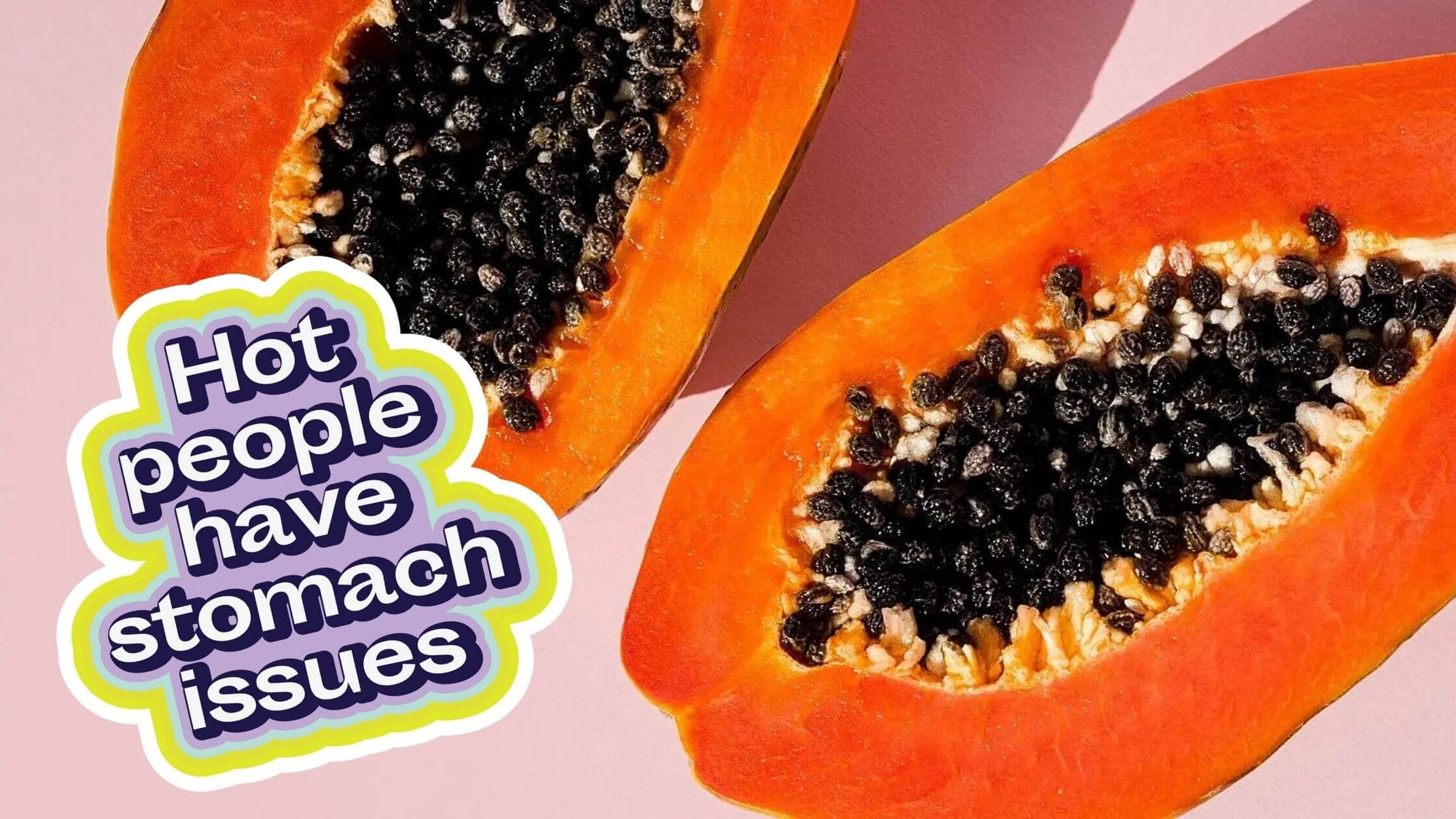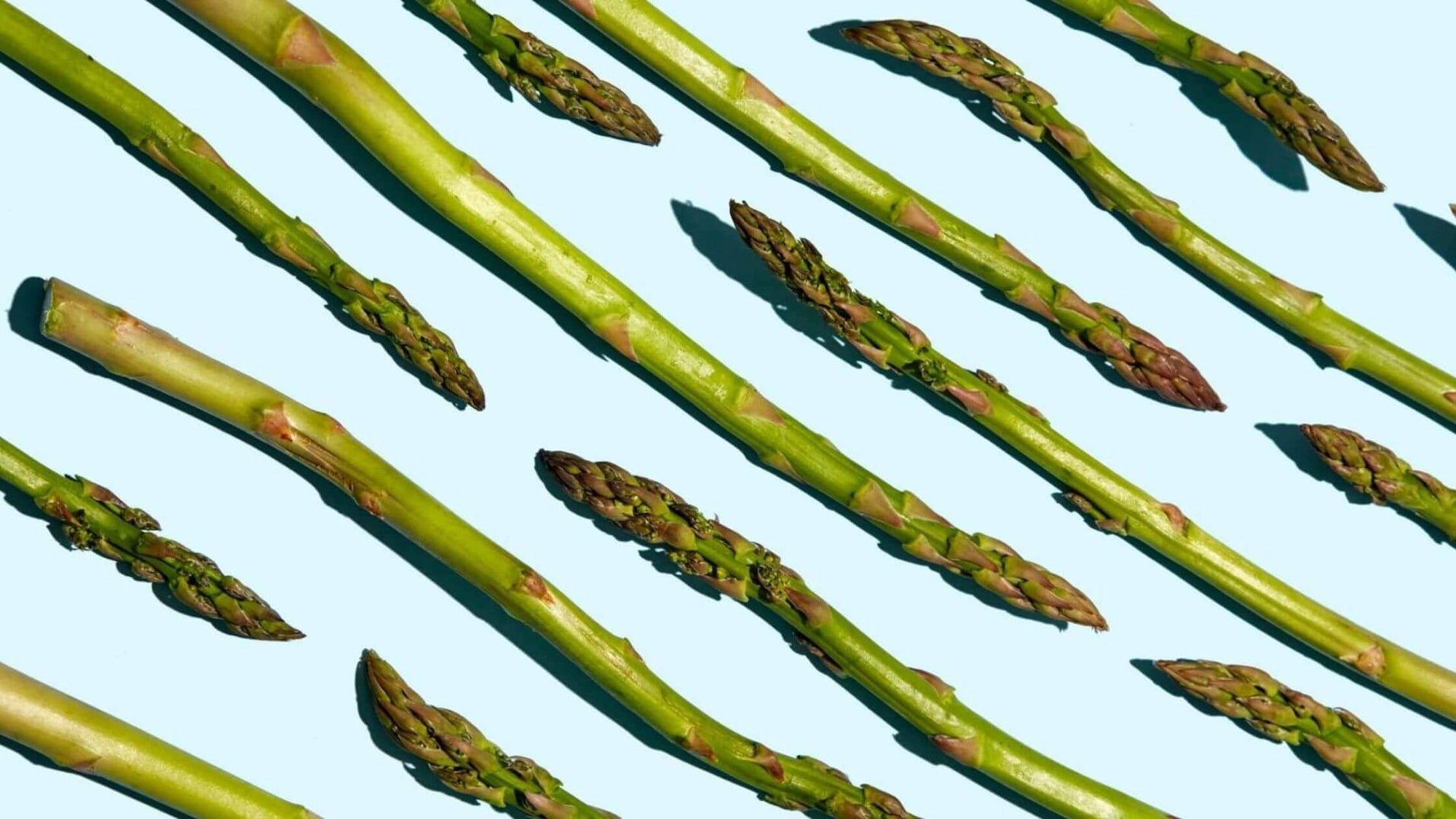Bloating and gas build up can be extremely uncomfortable and cause stomach aches. Most of the UK will experience bloating at some point in the next year, with women and those with stomach issues (such as IBS and IBD) more likely to experience it regularly. In fact - some people may bloat multiple times a week or even daily.
What Causes Bloating After Eating?
Bloating occurs in the abdominal area. It happens when large amounts of air or gas build up in the gastrointestinal tract.
Eating is a common cause of bloating because when the body digests food, it produces gas. People also swallow air when eating or drinking, which then enters the gastrointestinal tract. Flatulence and burping usually help to relieve buildups of gas and air in the gut.
Bloating is a symptom of many health conditions, such as irritable bowel syndrome or a food intolerance. However, most cases of bloating are avoidable.
When To See A Doctor
If abdominal pain accompanies bloating, a person may have an underlying health issue - although bloating is very common it’s important to know when to go to a doctor and when to turn to a natural remedy.
Bloating after eating is a widespread experience and usually not a cause for concern. People with bloating can often treat their symptoms at home, such as by using one of the methods highlighted in this article.
However, bloating can sometimes also be a symptom of an underlying health condition that may require medical attention.
Anyone with bloating accompanied by other symptoms should see a doctor. These symptoms might include:
-
abdominal pain
-
nausea
-
constipation
-
diarrhea
-
fatigue
-
unexpected weight-loss
-
skin irritation
Bloating Trigger Foods
Certain foods can trigger bad bloating reactions, to reduce the chance of getting bloating try to avoid:
-
Apples
-
Beans
-
Cruciferous vegetables such as broccoli, cauliflower, and cabbage
-
Dairy products
-
Lettuce
-
Garlic
-
Onions
-
Peaches and Pears
Periods and Bloating
A common symptom of PMS is bloating - that sucks - it’s so common in women that almost everyone experiences it.
Its caused by fluctuations in estrogen levels and a sharp drop in progesterone right before your period which slow down your digestive tract.
Our best advice is to skip the above mentioned foods, eat protein and fiber rich foods, continue to workout and move and take a gas relief pill.
How To Stop Bloating
There are lots of natural remedies that can stop bloating, we prefer to take these over synthetic ones as it’s easier on the gut microbiome.
Plant extracts and natural remedies such as charcoal, peppermint, fennel seeds, probiotics and ginger.
Natural remedies and digestive enzymes are a particularly popular way of preventing bloating or stopping it when it occurs. Digestive enzymes are enzymes that help break down food properly. When undigested food reaches the gut, bacteria in the gut feast on it - releasing gas in the process. This causes excessive gas build up and bloating, so by using digestive enzymes you can reduce the amount of undigested food reaching the gut.










